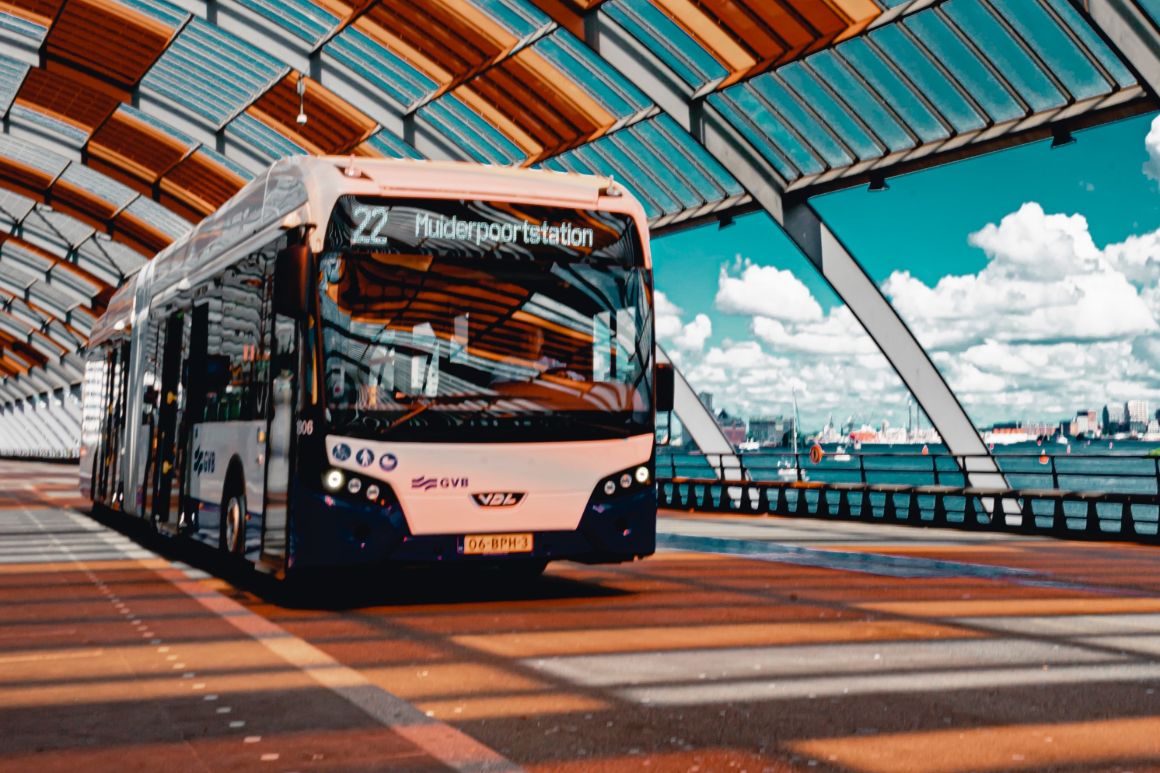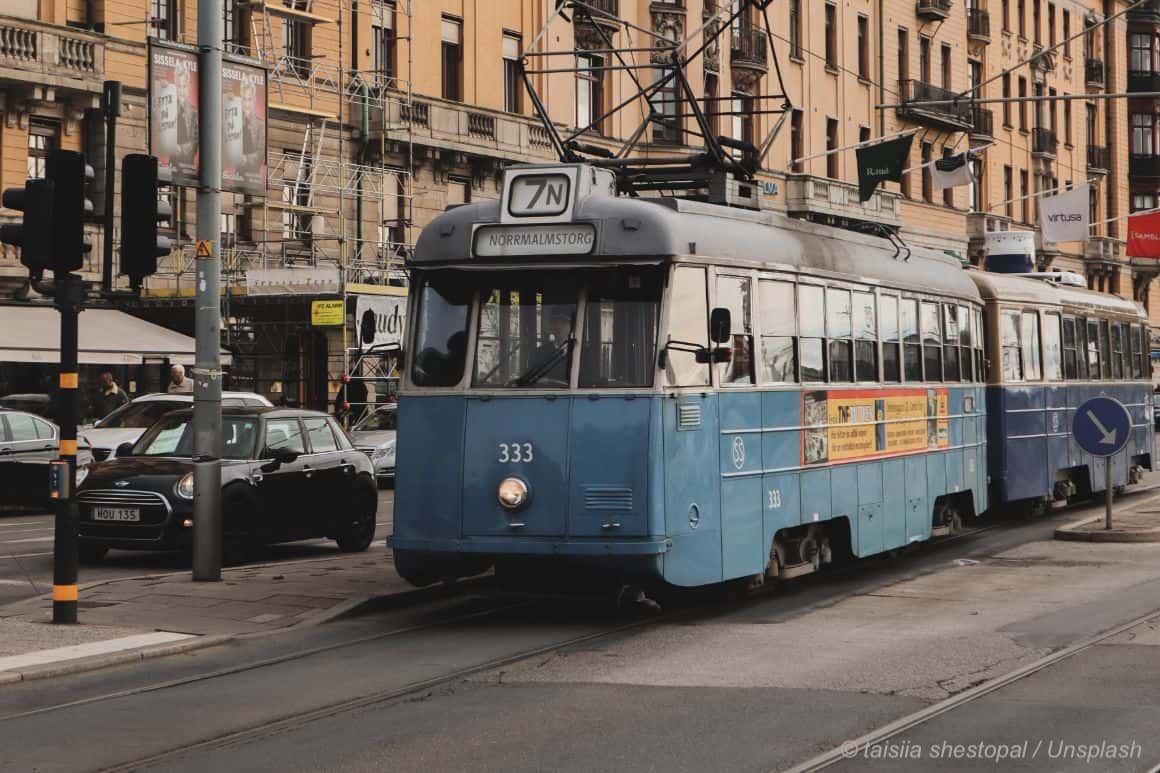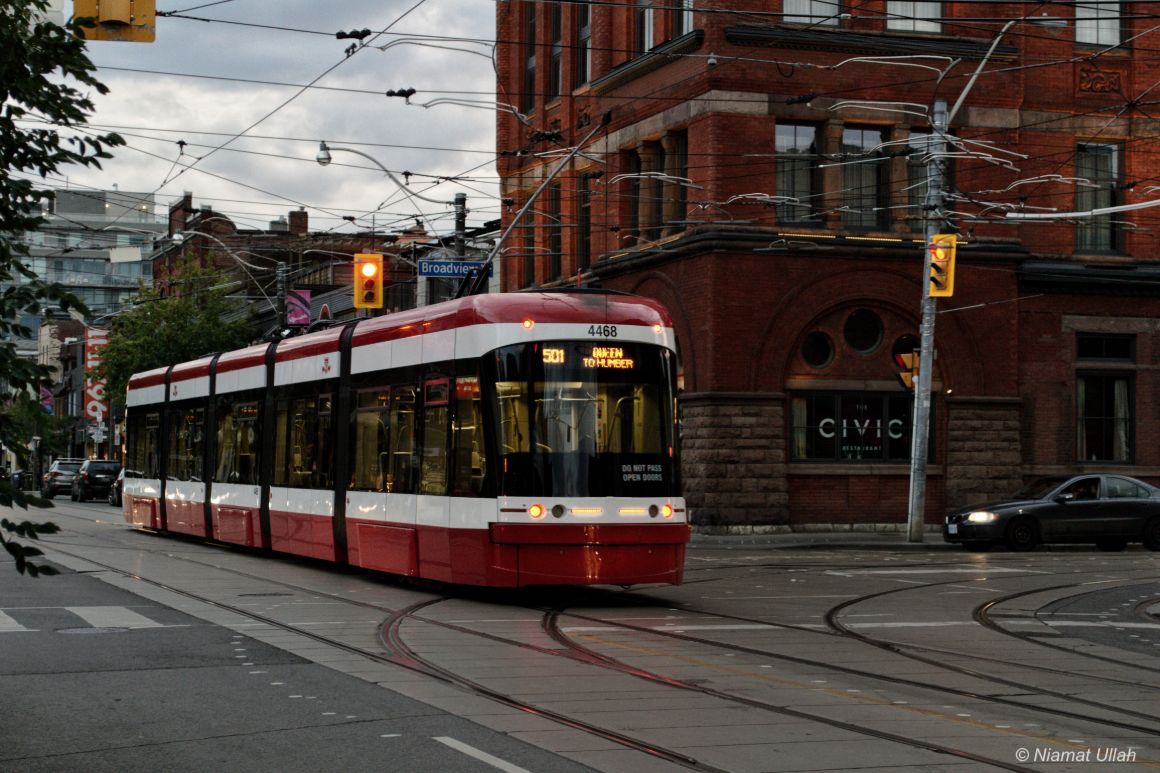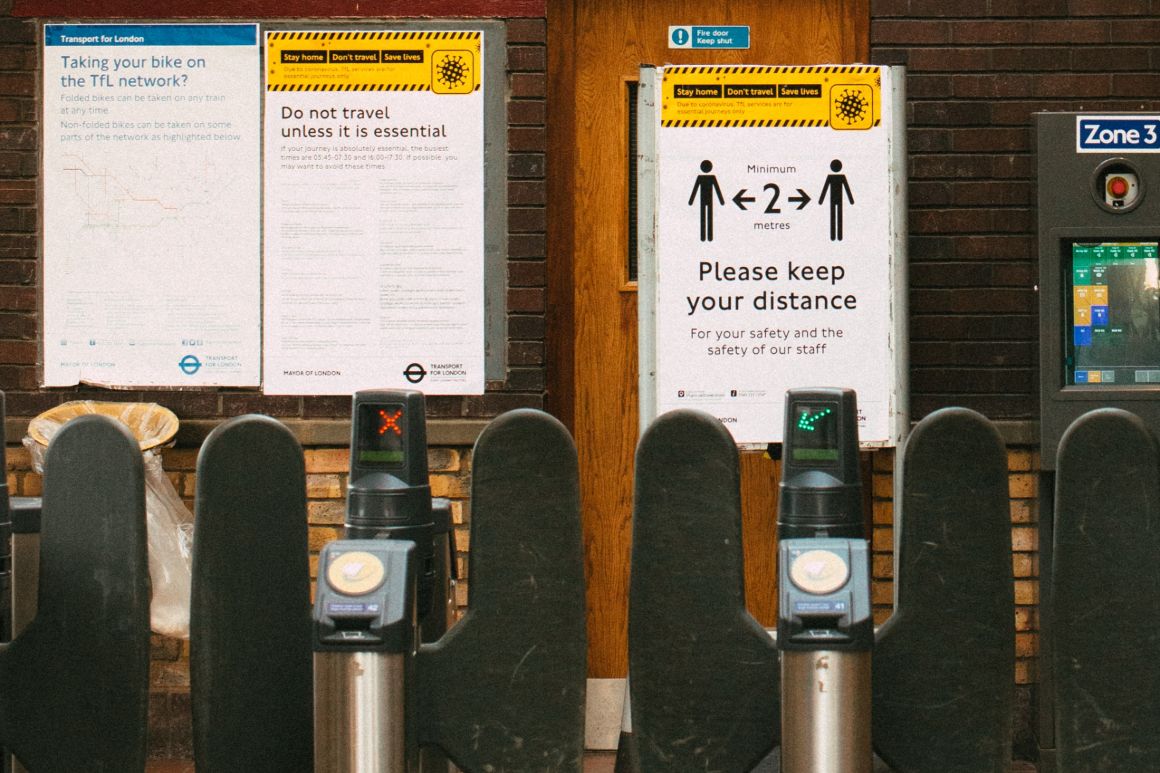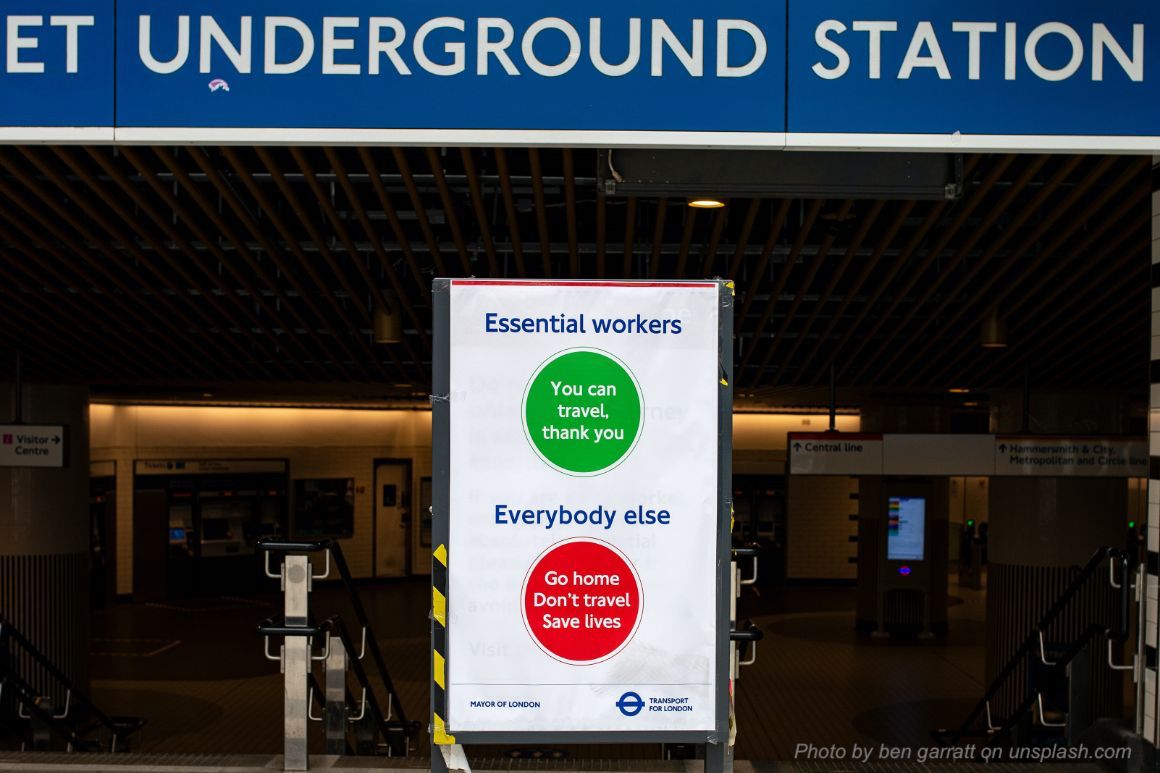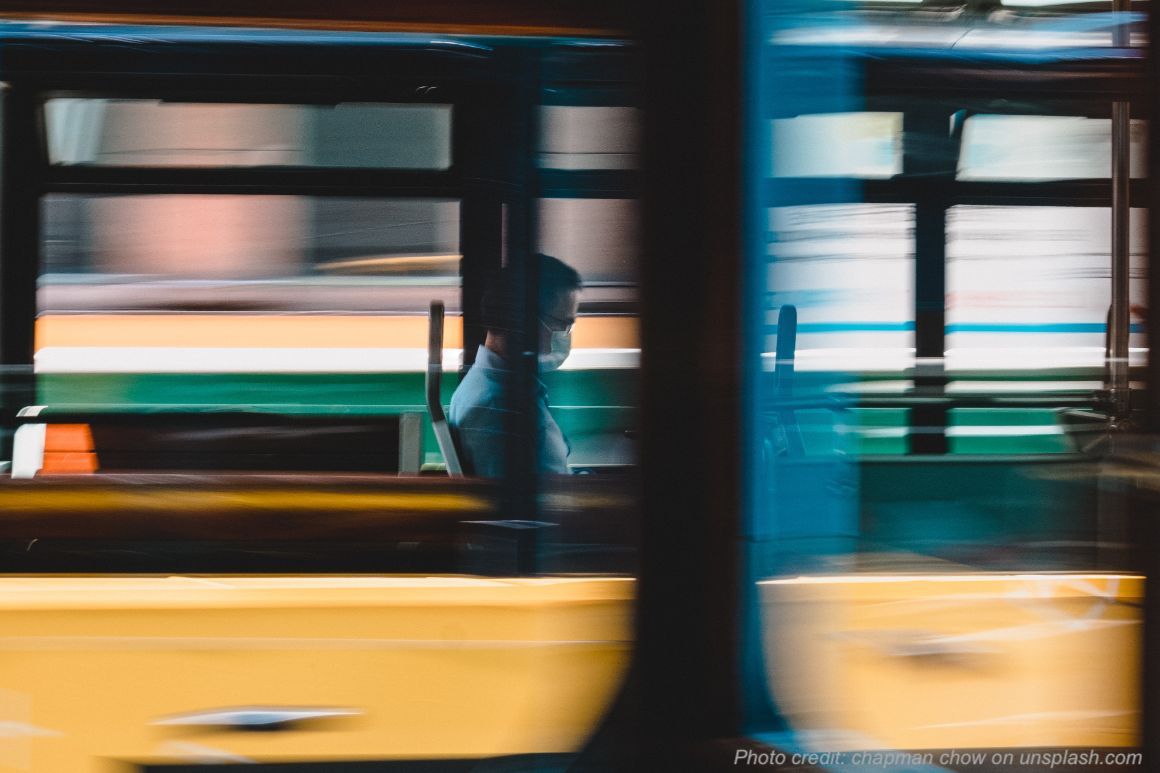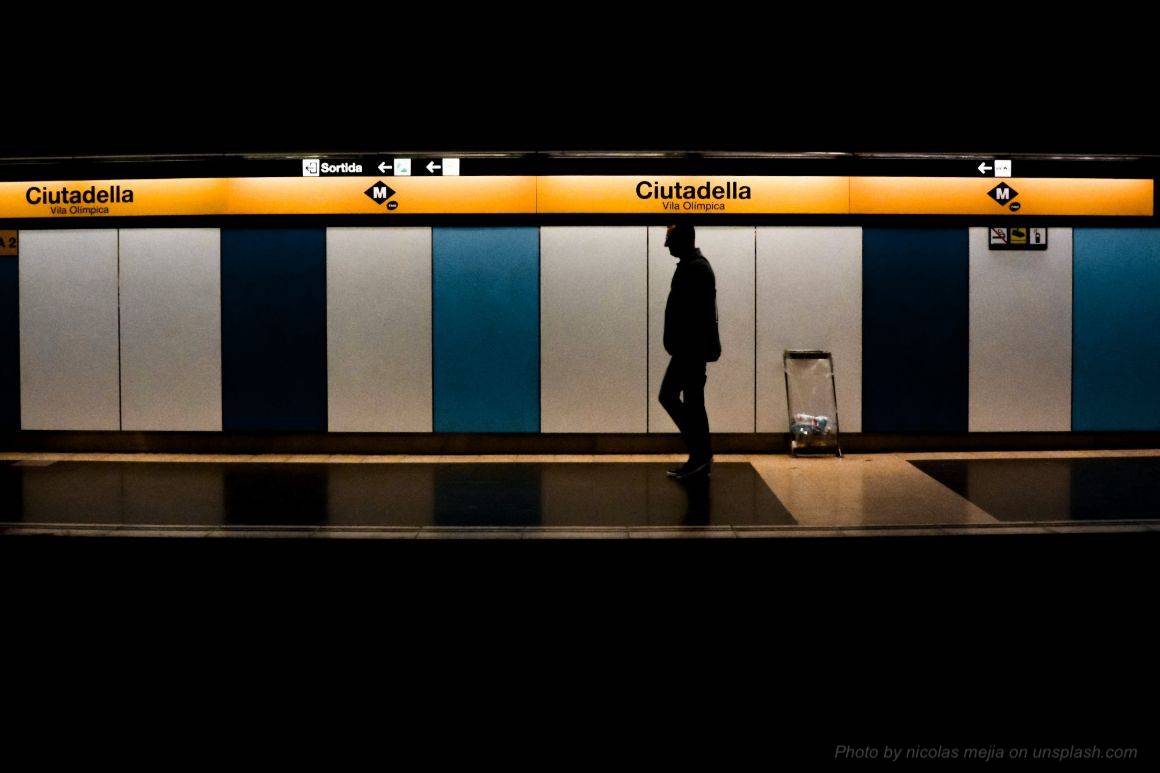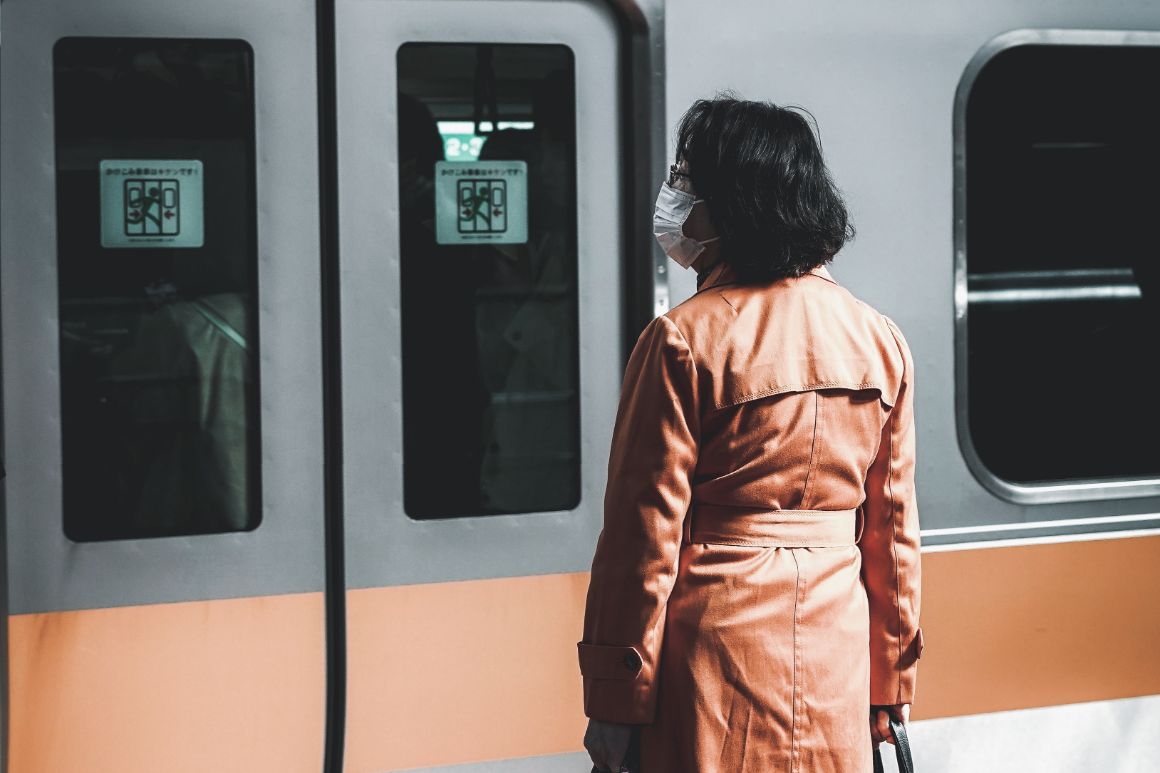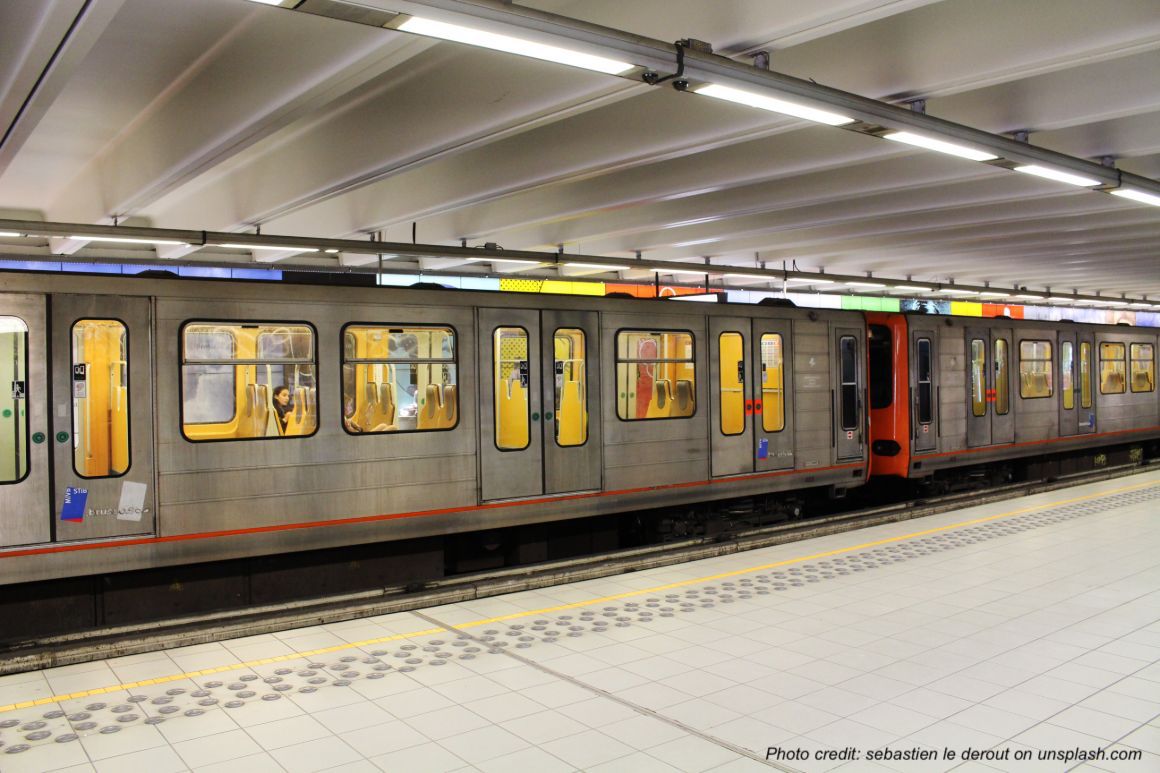The Covid-19 outbreak imposes a new set of sanitary rules to prevent the spread of the virus infection. For public transport users, this basically resumes to social distancing, and wearing face masks. Public transport companies also took extra preventive measures such as back-door bus boarding, and vehicle and station disinfection. Unfortunately some travellers see...
4x more fare evasion on Dutch buses during Covid-19
Ticket inspections resume on Stockholm’s public transport
The controls must now take into account Covid-19 safety measures
After a two-and-a-half-month break during the coronavirus outbreak, Stockholm’s public transport operator SL is resuming ticket controls. As of mid-June, ticket inspectors are running regular controls on the subway. Since June 29, they are also checking tickets on buses and trams. For controls on buses, inspectors are checking tickets when travellers disembark. The inspectors...
Fare inspections to resume on Toronto’s public transport
After a two-month pause during the pandemic, fare inspectors will gradually resume their normal duties this summer
TTC – short for Toronto Transit Authority, announced that fare inspectors will gradually resume activity on its premises and vehicles. During June, they will board vehicles once again to ‘remind customers to pay their fare’. They will be placed at key surface transfer points to ‘observe and educate customers and to make sure they...
Increased fare evasion rates during the pandemic
Data from an ongoing study reveals that fare infractions might rise even more post-lockdown unless preventive measures are taken in time
The past months have been a challenging time for public transport due to Covid-19. Many transit workers lost their lives, ridership plummeted to record levels, and revenues from fare collection dropped massively. Fare evasion might be one a small problem for transit at the moment, but is it one to be completely ignored? Our...
Safety in public transport: social distancing vs face masks
Social distancing is much harder to implement post-lockdown than asking passengers to wear face masks yet it is regarded by the majority of authorities as a key measure in stopping Covid19
Authorities and public transit organisations have yet to agree on the best way forward to revive public transport while ensuring safety from Covid-19. So far it looks like most decision makers consent on the measure of wearing face masks. These are now obligatory in public transport in countries like Germany, China, and Spain. However,...
Mobility apps reveal user public transit data during Covid-19
Moovit, Citymapper, Transit, Apple and Google confirm similar trends albeit with some variations
Demand for public transport fell to record lows in the past months as the Coronavirus swept through communities around the world. Ridership fell from 65% to less than 10% of normal capacity, and transit organisations adapted their schedules and service frequency to reflect demand. We looked at the data from several urban mobility apps...
Face masks: how effective against Covid-19 in public transport?
As authorities start to ease restrictions people are asked to wear masks in public places to minimise the risk of spreading the virus
Public transport travel has changed dramatically since the outbreak of coronavirus. Operators are confronted with staff deaths and infections, massive drops in ridership, and some companies require bailout money to keep service running. Several countries have introduced new rules for travelling in public transport in order to limit the spread of the disease. One...
Public transport use changes during Covid-19 in Barcelona
Ridership is down by an average 90% in Barcelona and surroundings in the past month
Travelling by public transport in Barcelona is restricted to essential journeys only as the city maintains Covid-19 restrictions. Local transit agencies now use their communication budgets urging people to stay at home. Ridership declined as much as 95% on some days. During the two-week period of total lockdown between March 30 – April 12,...
4 ways public transport changed during Covid-19
Safety and plummeting revenue are the main concerns for transit operators as most authorities continue enforcing restrictions
With more than one month in since the Covid-19 outbreak outside China, governments around the world continue the fight to contain the spread of the virus. People are told to stay at home and avoid travelling unless strictly necessary, although in the past days we have seen stories of several countries starting to ease...
Covid-19: Brussels adjusts public transport service
Rides for critical workers are ensured as non-essential lines run less frequently or are temporarily suspended
Public transport operators in Brussels run services according to a modified schedule to reflect the demand during the Covid-19 outbreak. STIB-MIVB, The Brussels Inter-communal Transport Company has temporarily suspended or reduced frequency on non-essential bus, tram and metro lines throughout the city. It announced that it pays particular attention to peak times when the...
